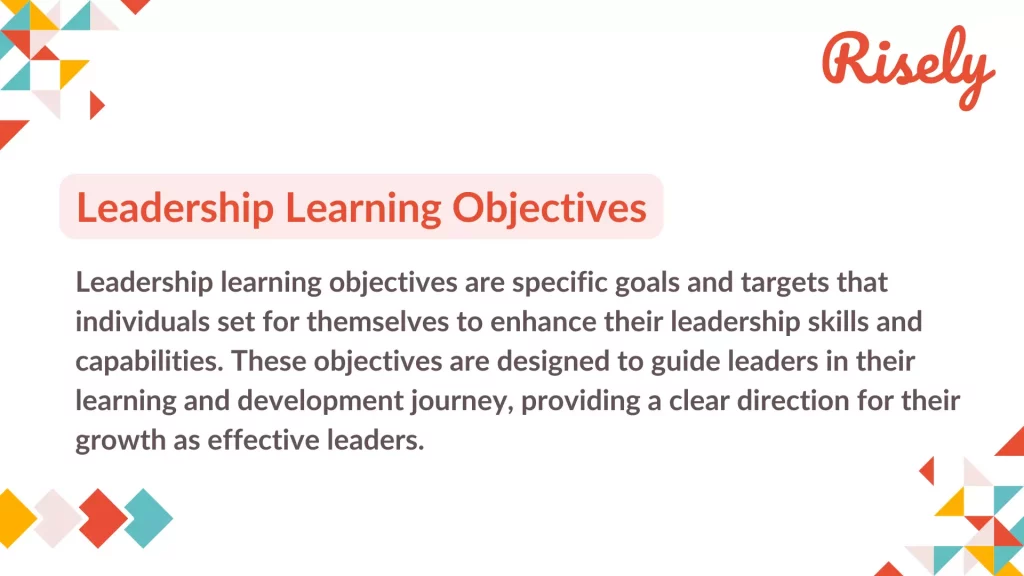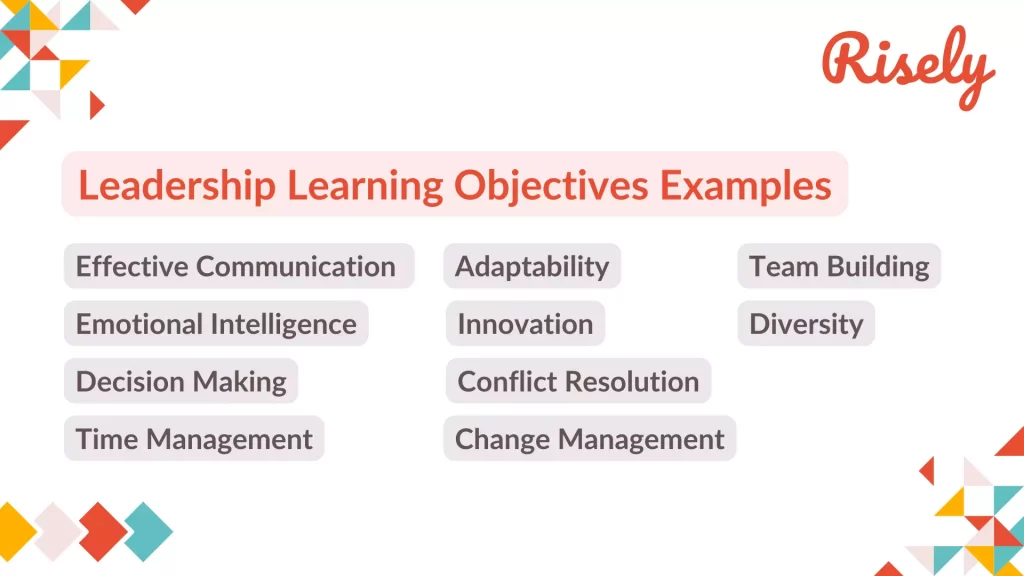12 Effective Practices For Becoming Learning Leaders To Encourage Learning
Ever wondered what it takes to become a learning leader who inspires and empowers their team? If so then you are in the right place.In this blog, we will embark on a journey to explore the power of learning in leadership. Join us as we unravel the secrets of becoming learning leaders, the significance of continuous growth, and the strategies to overcome challenges that come their way.
Let’s Explore!
Who are Learning Leaders?
Leaders who prioritize and actively engage in continuous learning and personal development to enhance their leadership capabilities are learning leaders. They are managers and leaders who understand that learning is a lifelong journey and a fundamental aspect of effective leadership. These individuals exhibit a growth mindset, constantly seeking opportunities to expand their knowledge, skills, and perspectives. Learning leaders go beyond managing day-to-day tasks and challenges; they invest in their development and teams. They understand that leadership skills are not fixed but can be developed and refined through learning and experience. By constantly improving themselves, they can lead by example and inspire others to embrace a learning culture within their organizations.Characteristics of Learning Leaders:
- Curiosity: Learning leaders are curious and actively seek new information, insights, and best practices to enhance their leadership abilities.
- Adaptability: They are open to change and willing to adapt their leadership styles based on new knowledge and experiences.
- Humility: Learning leaders acknowledge that they don’t have all the answers and are receptive to feedback and learning from others.
- Self-Awareness: They deeply understand their strengths and weaknesses and are committed to continuous self-improvement.
- Empathy: Learning leaders empathize with their team members and understand the importance of supporting their growth and development.
- Vision: They have a clear vision of where they want to take their teams and are willing to learn new strategies and approaches to achieve their goals.
- Mentoring: Learning leaders are often keen on mentoring and nurturing the growth of other aspiring leaders within their organizations.

Role of Learning Leaders in the Workplace
A learning leader plays a pivotal role in fostering a culture of continuous learning and growth. As a manager or leaders, their primary responsibility is to lead by example and demonstrate a genuine commitment to ongoing personal and professional development. By prioritizing their learning journey, they inspire and motivate their team members to do the same. A learning leader encourages open communication, provides opportunities for skill development, and supports employees in their pursuit of knowledge. They understand that learning is not limited to formal training sessions but can be embedded in everyday work experiences. A learning leader cultivates an environment where creativity, innovation, and adaptability thrive by promoting a growth mindset and embracing new challenges. Their influence extends beyond individual skill-building; it positively impacts team dynamics and employee engagement and ultimately contributes to the organization’s long-term success.
12 Effective Practices for Becoming Learning Leaders
Becoming a learning leader requires dedication and a deliberate focus on personal and professional development. Here are some effective strategies to embrace the role of a learning leader:- Commit to Continuous Learning: Make a personal commitment to lifelong learning. Embrace the mindset that there is always room for growth and improvement, and actively seek opportunities to expand your knowledge and skills.
- Set Clear Learning Goals: Define specific learning objectives for yourself as a leader. These goals should be aligned with your leadership aspirations and the needs of your team or organization.
- Embrace Feedback: Be open to feedback from your team, peers, and superiors. Constructive criticism can provide valuable insights into areas where you can improve as a leader.
- Encourage Learning in Your Team: Create a learning culture within your team or organization. Encourage and support your team members in their learning journeys.
- Lead by Example: Demonstrate a commitment to learning by actively participating in training programs, workshops, and conferences. Share your learning experiences with your team to inspire them.
- Seek Mentorship and Coaching: Find mentors or coaches who can guide and support your leadership development. Learning from experienced leaders can provide valuable perspectives.
- Read Widely: Make reading a habit. Read books, articles, and industry publications to stay informed about the latest trends and best practices in leadership and management.
- Attend Workshops and Seminars: Participate in workshops and seminars focusing on leadership development, communication skills, emotional intelligence, and other relevant topics.
- Network and Collaborate: Engage with other leaders in your industry through networking events and professional associations. Collaborating with peers can lead to shared learning experiences.
- Reflect on Your Experiences: Reflect on your leadership experiences and learn from successes and failures. Identify areas for improvement and implement strategies for growth.
- Encourage Innovation: Foster an environment that encourages innovation and experimentation. Embrace new ideas and approaches, and support your team in taking calculated risks.
- Celebrate Learning Achievements: Recognize and celebrate the learning achievements of yourself and your team members. Acknowledge efforts to cultivate a culture of continuous learning.

